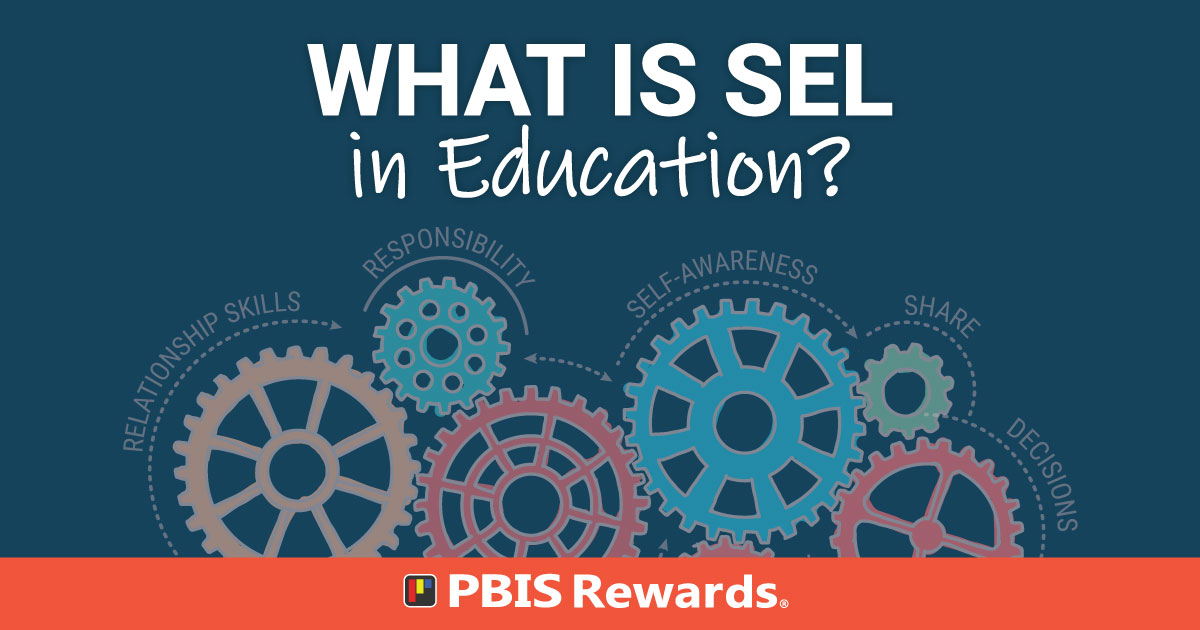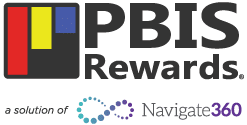Social-Emotional Learning, or SEL, has always been a significant part of the educational process. Students who learn to navigate their interior, emotional world as well as connect with their peers typically perform better academically. But what, exactly, is SEL?
The Skills of SEL
SEL is a series of skills that are often referred to as “soft skills” – those intangible skills that individuals need to master to have a full, successful life. These core skills are:
- Self-awareness
- Self-management
- Social awareness
- Relationship skills
- Responsible decision making
SEL begins as early as preschool, where children learn to take turns, to share, and to be kind to others. As they move through their educational career, students develop strong relational skills through SEL lessons that build upon one another over time. These skills can include:
- Learning to give and receive compliments
- Learning to give and accept constructive criticism
- Working cooperatively within a group setting
- Learning to assess emotions before acting
- Making and maintaining friendships
While these so-called “life skills” are useful in the classroom, mastery of these skills follows students long after their educational careers are complete. These are the skills and abilities that employers look for as a complement to academic accomplishment.
SEL in the Classroom
Many people assume that SEL applies primarily to elementary-age students. In fact, a quick Internet search for “social-emotional activities” returns numerous results for activities geared toward younger students.
However, mastering social skills is a lifelong process. Students benefit from continued learning in this area, fine-tuning their abilities throughout middle school and into high school. It’s beneficial for students of all ages to receive continual instruction and opportunities to practice social and emotional skills.
You can incorporate SEL into your lesson plans without creating more demands on your teaching time. In fact, you may be able to “buy back” instructional time by emphasizing and encouraging positive behaviors through the development of SEL skills.
PBIS and SEL
For schools using a PBIS initiative, SEL is a natural fit with a behavior matrix. Because the focus is already on encouraging positive behaviors, adding SEL into your lesson plans can reinforce these behaviors. Additionally, you can build these social competencies by awarding points for meeting expectations.
Of course, PBIS Rewards is uniquely positioned to help schools incorporate SEL into their PBIS initiatives. With the addition of our SEL/Status Check feature, teachers can keep tabs on students’ emotional well-being and spot trends as they are forming. Whether you’re in the physical classroom, a virtual environment, or a hybrid of both, PBIS and SEL can work in tandem to benefit your students.
SEL can be the foundation for improved social, emotional, and academic outcomes. Especially during an unusual school year like 2020-21, emphasizing SEL will benefit your students over the long term!



